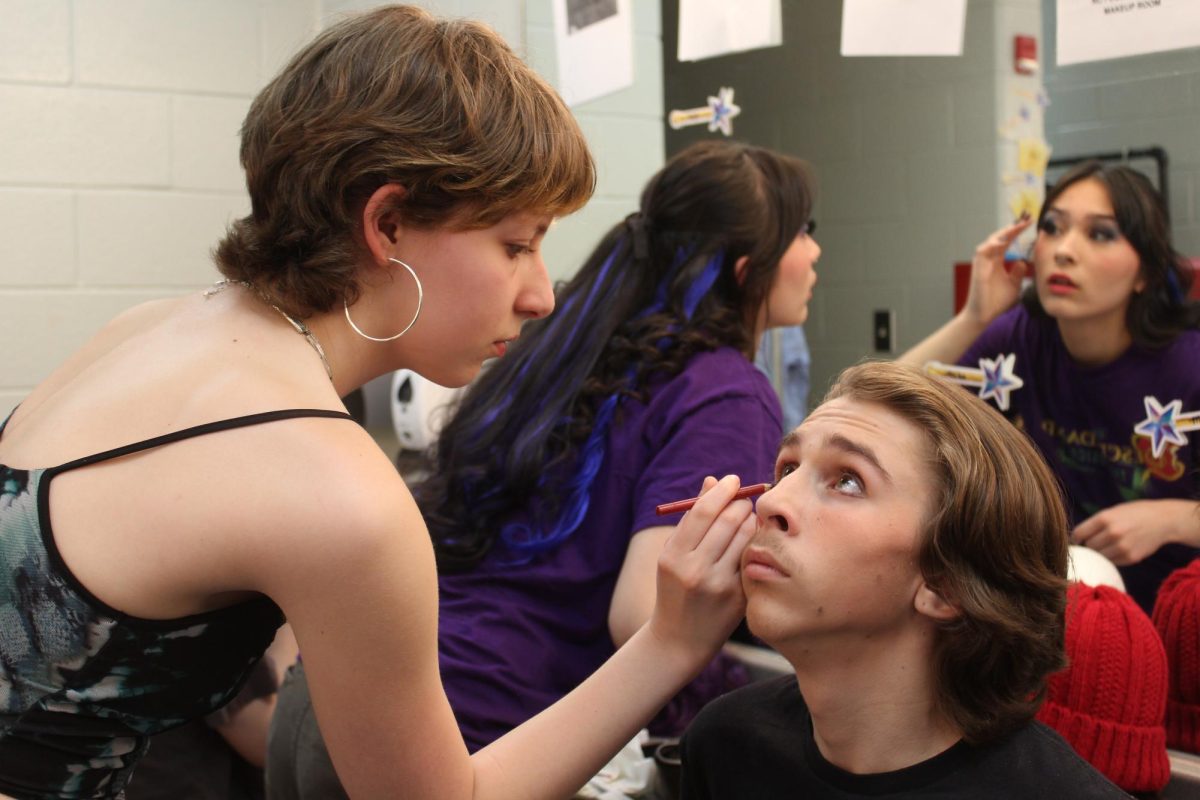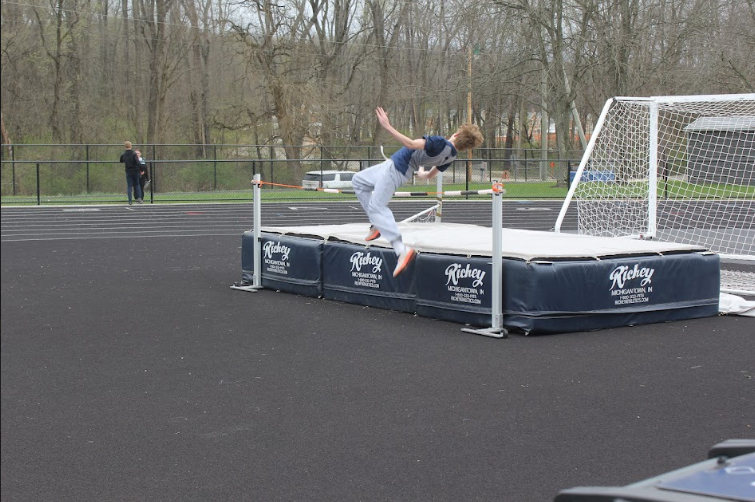JORDAN GUMMERE (‘17)
Adolescents today face an enormous health problem: sleep deprivation. They need on average 8.5 to 9.5 hours of sleep per night for optimal performance, health and brain development, but unfortunately most teens average fewer than 7 hours per school night. The roots of the problem include poor teen sleep habits that do not allow for enough hours of quality sleep, hectic schedules with after school activities and jobs, homework hours and family obligations, and a clash between societal demands.
Teens spend a great portion of each day in school; however, they are unable to maximize the learning opportunities afforded by the education system, since sleep deprivation impairs their ability to be alert, pay attention, solve problems, cope with stress and retain information. Young adults who do not get enough sleep night after night increase their risk for drowsy driving, emotional and behavioral problems (irritability, depression, violence, tobacco and alcohol use, impaired cognitive function and decision-making, and lower overall performance in everything from academics to athletics). Getting enough sleep can lead to a decreased risk of car accidents, less depression and obesity, preventing illnesses such as colds and flus that affect academic performance, and overall improved mental ability.
The AAP’s Adolescent Sleep Working Group reviewed the studies involving inadequate sleep in teens, and analyzed the harmful effects of sleep deprivation. It has been concluded that poor sleep has been linked to increased reliance on caffeine, tobacco and alcohol, and they also discovered a link between sleep deprivation and poor academic performance.
While it may seem smarter for teens to just go to bed earlier, researchers say that it isn’t a viable solution. Teens experience hormonal shifts that make falling asleep earlier difficult, and sometimes even impossible. Their biological clocks simply won’t allow them to fall asleep at 8 p.m., even when they’re tired. The recommended school start time should be delayed until at least 8:30 a.m. Previous studies have shown that simply delaying school by 30 minutes can have a dramatic impact on a teen’s health and performance. If there are so many benefits to the health of students, then schools should be looking into the matter more. Instead of only looking at how long classes need to be or anything such as that, we should be focusing on the health of education in the U.S.
Main reasons why schools should start later:
- Teens will be much more likely to receive the recommended amount of sleep
- A delayed start time can help teens sleep during their natural sleep/wake cycles
- Teens would be less likely to depend on caffeine to stay awake during the day
- Proper sleep can help teens be more alert during the school day, which in turn could boost their academic performance
- Sleeping longer can reduce health-related issues that often are caused by sleep deprivation
- Getting home later in the afternoon can reduce the amount of time some teens are home alone, and could decrease the likelihood teens will engage in unhealthy pursuits
In October 2014, the American Academy of Pediatrics (AAP) issued a policy statement suggesting that school districts consider starting school after 8:30 am. Currently though, there are schools starting as early as 7 a.m. It has also been found that puberty causes a phase delay in teenagers, which shifts the time that teenagers fall asleep back by two hours. Because of this, the average teenager is expected to fall asleep after 11 pm and wake up around 8 am.
A National Sleep Foundation poll said that 28 percent of teenagers have fallen asleep in class at least once from to lack of sleep. The American Academy of Sleep Medicine said that “students with symptoms of sleep disorders are more likely to receive poor grades in classes such as math, reading and writing than peers without symptoms of sleep disorders.”
Thus in conclusion, I think that schools should start later in order to improve our health and education. There are so many benefits to starting school even 30 minutes later, that will not greatly affect the rest of the day. Schools everywhere always talk about improving student health and education, when the true solution lies in allowing for teens to sleep more. Here in Granville there are kids involved in activities going on before and after school, causing them to wake up much earlier than even for school. And these students receive even less sleep, amongst the students not getting enough sleep based on their body clocks. Granville should consider starting school later in order to improve education further for students.










































